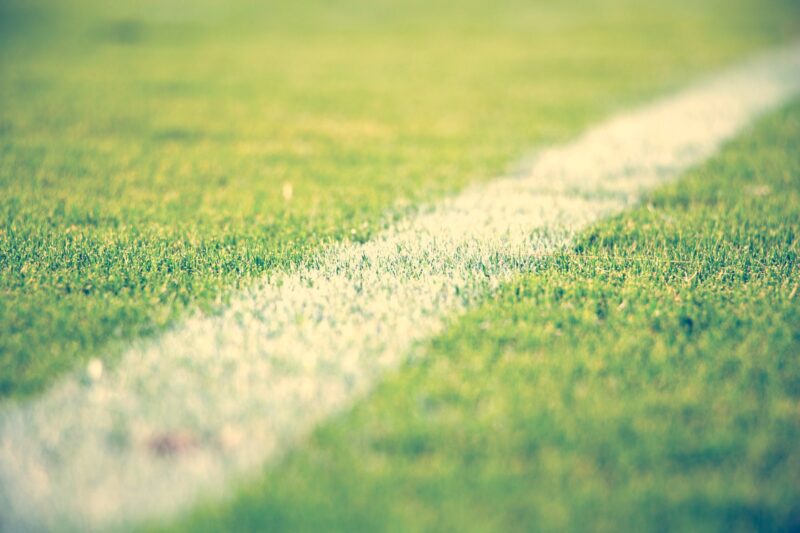Among the notes of twentieth century zoologist, explorer, and writer William Beebe, is an entry about a phenomenon he observed in a storm in Trinidad.
Caught in the throes of the gale, seeking shelter under a ridge, he encountered, to his surprise, “a group of hawks and wasps and spiders, disparate creatures,” preys and their predators, insects and birds, huddled together.
“New type of Society. That of Wind,” he wrote. Laws, hierarchy of nature suspended, for the moment, they were keeping one another from being blown away, grounded.
In another place and time, also mad with rain and wind, a group of young men – boys – huddle on a darkened field. The sun has not risen yet, at six a.m., over Saint-Denis. By the time it does, closer to nine, they will have disappeared.
Some, to drive buses, trucks; deliver food; move boxes at the back of restaurants and supermarkets. Sunday is just another Monday to working immigrants.
Others, to soak under warm showers; wash the cold and grime away; dress, comb, and scent. Sunday, for them, is family lunch in the 8ème.
Others still, to tents of bright blues and greens and whites and reds – Zabadani, like the apples in the orchards they left, somewhere, another, neverwhere. Sunday, every day is a jungle for migrants.
But nine o’clock is still far away, and now, on a football field, positions are assigned in this strange society:
Defense: Centre-back, Full, Wing, Defensive Midfielder. Goalie. Offense: Central Midfielder, Striker, Winger, left, right. They agree, shouting over wind, rain, thunder, locked down by the equalizing storm, locked in each other’s embrace.
A football field is levelled by rake and topsoil, grading, seeding. Societies, by gusts that chill the lungs and bones through any material: personalized polyester jerseys, PSG; long-sleeved, thermal tops – anti-sweat; windbreakers; oversized nylon t-shirts, shorts; sweatpants, donated, exhausted, lined with Adid…
Water and air swirl and rise and build along with anticipation: Allez! Allez! Let’s play! The huddles break, the players spread on the field. It’s pouring now. Cleats and sneakers and more than a few flip flops. One pair of bare feet.
Then, the greatest democratizer, the football, appears. No more talk. Whistle. The ball takes off. C’est parti!
For ninety minutes, the world stops spinning on its axis. Or, if it doesn’t, it, and all its laws, cease to matter. Beyond the field, everything dissolves in rain: IDs, histories, inflatable rafts, titres de séjour, Haussmanian buildings. On it, only the rules of the game reign supreme:
Shoot! Buuut! Offside! Oui? Non ! Hé ! Ho ! Carton jaune !
Even the accents seem to dissolve. Puddles form. Players are soaked, sweaty, muddy, ecstatic.
Penalty. Shoot. Buuuuut! The team that scored runs, cheers, hugs, hoists Number 21 on many different shoulders. Thick, scrawny, tired. Dark and light faces. Boys, “disparate creatures” all wearing the same expression, underwritten by the same longings,
for ninety minutes.
“I cannot be the first to wonder if what we see, when we see men take to a field, is men imagining an environment of justice.”
― Joseph O’Neill, Netherland
Hawks and wasps and spiders. A storm, a ball, a game. For ninety minutes, some value systems can supersede even nature.
Time. Whistle. The boys disperse. The storm, ironic, too. Under a light drizzle, handshakes and thank yous. Water is shared. A bag is passed around; someone rode a bus across Paris this morning with two dozen bananas.
The sun rises over Saint-Denis a little after eight thirty, drying the patchy football field, now empty. The boys have left, become men, who ride buses, métros, cars, to realities and lives of varying echelons. Tired, dirty, happy. To each a Sunday, another week, until next time, on the field.
